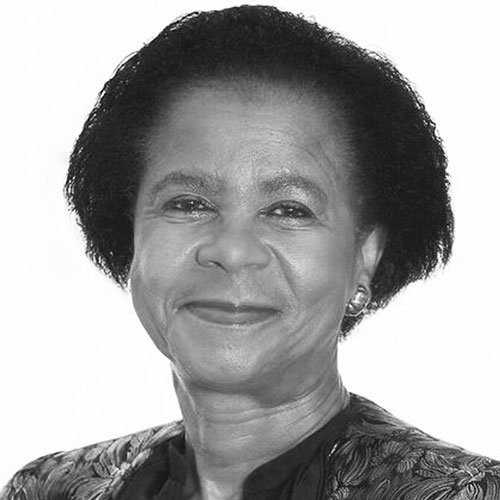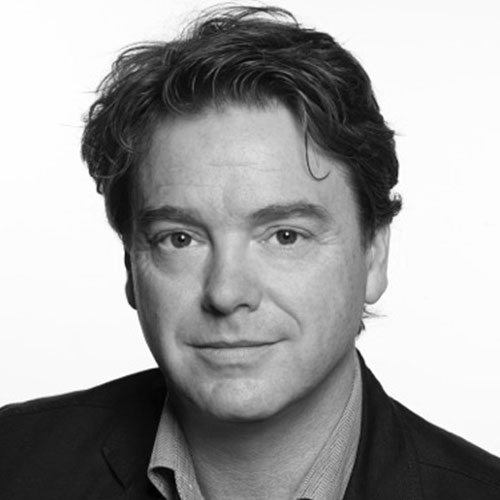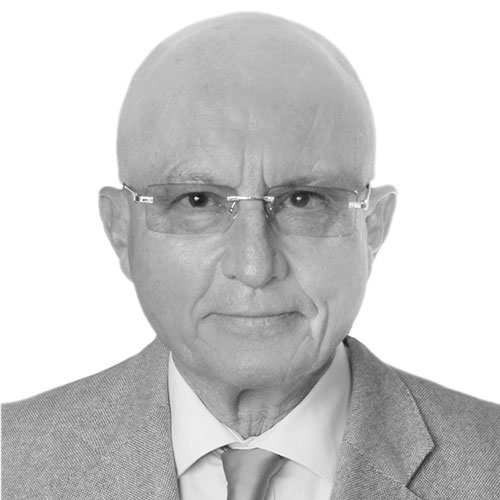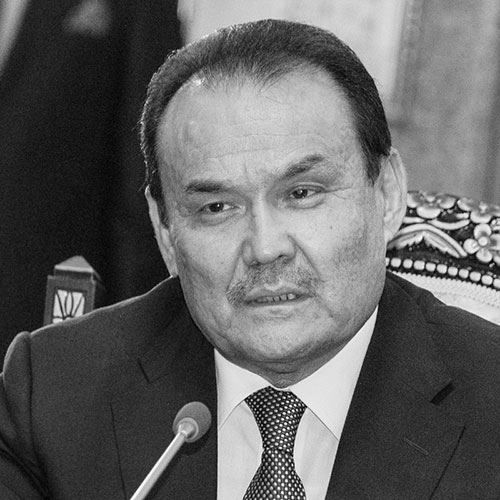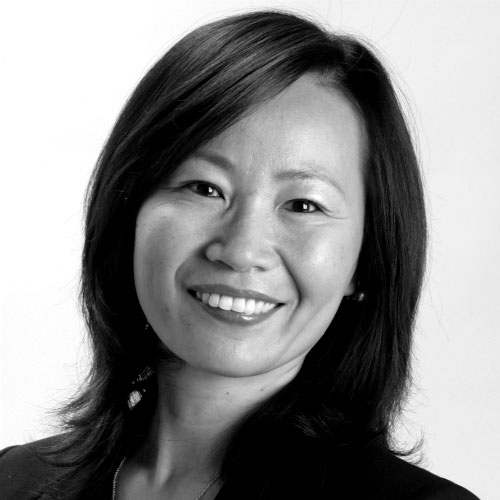Adnan Nawaz, moderator of the session, laid down questions about the rise of new powers in the world order and the leadership struggle that is being witnessed. Is the current world order considered as unipolar, bipolar or multipolar? He added that so much has changed since the 1944 Bretton Woods System and the establishment of the United Nations in 1945 and asked whether the rise of new global influencers is upsetting the traditional post-war order?
Regarding the current world order, Sergey Karaganov, former foreign policy adviser to the Kremlin, expressed his pessimism and explained that the world is in a moment of destruction of the so-called liberal world order, which he believes was anything but liberal for it did not allow the freedom of choice. He stated that the North is not willing to share with the South. He also added that the world order is changing; countries like China and Turkey are gaining momentum and cannot be exploited anymore. The world is moving towards regionalism, unlike 30-40 years ago when it was heading towards a world government.
Mamphela Ramphele, former managing director of the World Bank, commented that the global south in fact began reorganising its own platform. She also added that the current economic order is not sustainable, and if the goal is to meet the Sustainable Development Goals (SDGs), then it is necessary to develop new ways and strategies in order to limit and compensate for the current level of consumption. She stressed that the world is currently at the cusp of a new emerging world order that involves a regenerative socio-economic system supported by a human-centred political governance system.
When asked whether the rise of the South threatens the North, Baghdad Amreyev, Secretary General of the Cooperation Council of Turkic States, iterated that the rise of what he called the Global South is not a threat for the North. On the contrary, this rise could contribute to achieving the common goals of developing this world and granting prosperity to all nations.
Commenting on why the North does not invest in the South as much as it invests in wars, David McWilliams, an economist author and journalist, simply stated that the reason is because the North does not know the South. In fact, the real question should focus on whether the U.S. can preserve a political and economic system that is sufficiently flexible to deal with this disruption?
Haiyan Wang, Managing Partner of the China India Institute, mentioned that the gravity centre of the world is shifting to Asia. She also iterated her belief that by 2030, China is bound to become the largest economy in the world and India most likely the third largest economy. Wang added China has benefited enormously from the liberal order led by the United States and it might not be in favour of disrupting it.
